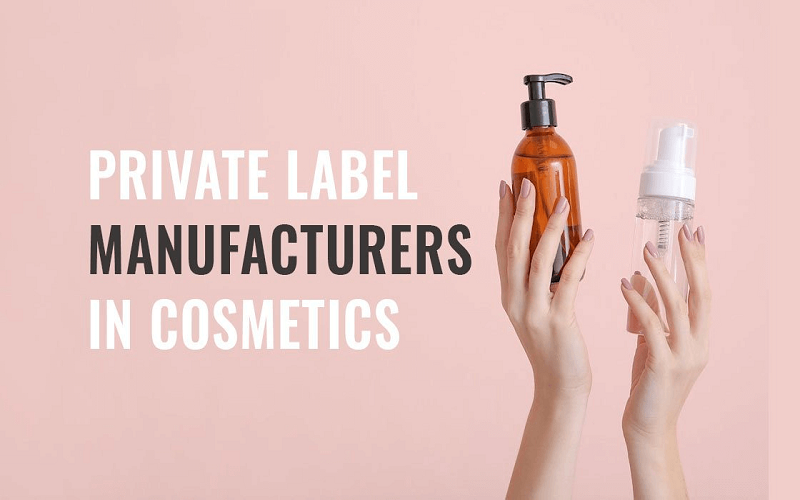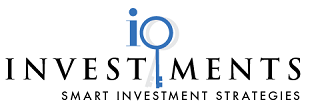
What are the best options for private label cosmetics in the UAE market?
The United Arab Emirates’ cosmetics market is expanding, driven primarily by consumer desire for foreign brands. Local private label cosmetics, on the other hand, are becoming increasingly popular. Retailers and distributors can sell their own branded cosmetic lines under private label, keeping high standards of quality at competitive prices. This post will examine the top choices available to companies wishing to introduce a private label cosmetics line in the UAE.
Knowing the Cosmetics Market in the United Arab Emirates
UAE’s population is both sizable and expanding, and its disposable income is also rising. In both everyday grooming routines and giftgiving cultures, cosmetics play a significant role. In the mass categories, local and regional companies are well represented, but international prestige beauty brands rule the high-end markets. Private label goods haven’t yet taken off, though. Enterprises possess the capacity to provide reasonably priced, yet superior quality, house brands that satisfy regional preferences and close gaps in the market. To make sure private label products are well positioned for success, it’s critical to comprehend target demographics, popular categories, and pricing ranges. Finding the ideal product range will be made easier with market research on consumer preferences.
Purchasing Cosmetics Under Private Label
Finding premium private label cosmetics is the next step after target markets and product categories have been determined. Among the principal choices are:
Collaborate with best private label makeup manufacturers are experts at creating and manufacturing private label cosmetic formulas and packaging in accordance with guidelines. This guarantees uniformity between batches and gives complete control over the product development process. There could be a hefty minimum order quantity, though.
White label from current companies: A few midsized beauty brands have a white label program that allows them to rebrand their current products, formulas, and packaging for use under private labels. While development durations are shortened, customization choices are constrained.
Outsource manufacturing: Cosmetic formulation and filler production can be delegated to outside producers. The ability to acquire materials and packaging independently is made possible by this. To manage several vendors and maintain quality standards, nevertheless, additional work is needed.
Finding the ideal strategic partner requires a thorough evaluation of manufacturers based on qualifications, certifications, minimum order quantities, lead times, and cost. To make sure private label products fulfill all quality and safety requirements needed to enter the UAE market, sample testing and auditing facilities will be available. Logistical issues can be reduced by using local manufacture and sourcing whenever feasible.
Offering Private Label Cosmetics
Following the placement of the appropriate products and packaging, promotional activities will promote the new private label brand to its target market. Integrated marketing efforts are something you should consider:
- Through in-store displays and signage, the line is introduced visibly at the point of purchase.
- Customer hands-on experience with items is encouraged by events with testers and tasting.
- The reach of local influencers in beauty and lifestyle is leveraged through influencer marketing.
- Digital and social media are used to promote the line on a number of websites.
- Other parties’ endorsements come from contacting beauty journalists and bloggers through PR.
- Customer repeated purchases are encouraged by discounts and loyalty programs.
- Pamphlets and other collateral offer comprehensive product information.
- Working together with relevant shops to potentially crosspromote.
- Sponsorships or relationships with celebrities, if finances allow, raise brand awareness.
An omnichannel marketing approach is required for the new private label product’s effective launch and ongoing engagement with target consumers. Future campaign optimization will be aided by the use of metrics.
Ensuring Conformity and Quality
Private label cosmetic lines need to consistently deliver safety and quality if they want to succeed in the long run. Every stage should have strict quality control procedures established:
- All legal requirements for procuring raw materials for cosmetic ingredients must be met.
- GMP standards are upheld in manufacturing operations through supplier audits.
- Regular testing of the product ensures that formulations fulfill requirements.
- To avoid contamination, packaging is evaluated.
- Conditions for storage and distribution are kept an eye on.
- Customer comments are immediately handled.
- All legal standards in the UAE for labeling and composition are adhered to.
- The essential product liability insurance is kept up to date.
Over time, consumer trust and loyalty to private label companies can be fostered by adhering to global best practices in the cosmetic sector. Prior to launch, local regulatory clearances might also need to be sought.
Extending the Product Line
Expanding the private label cosmetics uae line in the long run is made possible by a successful first launch. Subject to market demand, more categories such as men’s grooming, skin care, hair care, and fragrances may be added. Continuous R&D efforts should be made to ensure that product development stays up to date with the most recent beauty trends. Designers can collaborate on cobranded collections through partnerships with up-and-coming local brands. After a brand becomes well known in its native market, it may be investigated to expand internationally. The line may stay competitive and innovative by continuing to innovate.
Establishing an Omnichannel Brand
Private label brands need to create an omnichannel strategy in order to stay relevant as customer buying patterns change. Online access to the line is made easier through an ecommerce storefront. Establishing strategic alliances with independent marketplace platforms such as Amazon and Noon broadens the digital footprint. Utilizing AR and VR technology, one may create virtual tryon experiences that are truly engaging. Engaged followers get value from live video tutorials that influencers and brand experts perform on social media. Insalon product demos, popup stores, and brand roadshows all contribute to enhancing customer relationships outside of traditional retail environments. Afterwards, data-driven insights from every channel contribute to enhancing the entire brand experience.
custom food label maker that creates distinct labels so that various brands can set themselves apart from the competition with specially designed packaging.
Conclusion
Private label cosmetics offer substantial potential for market share acquisition in the rapidly expanding UAE beauty sector, provided they are carefully planned and executed. Ownbranded products can appeal to consumers that are cost and quality conscious by utilizing integrated marketing, creative packaging, and local sourcing. The longevity of these brands is guaranteed by ongoing investments in R&D, consumer insights, and compliance. In the UAE private label cosmetics market, those who perfect the formula stand to gain a lot of success.


